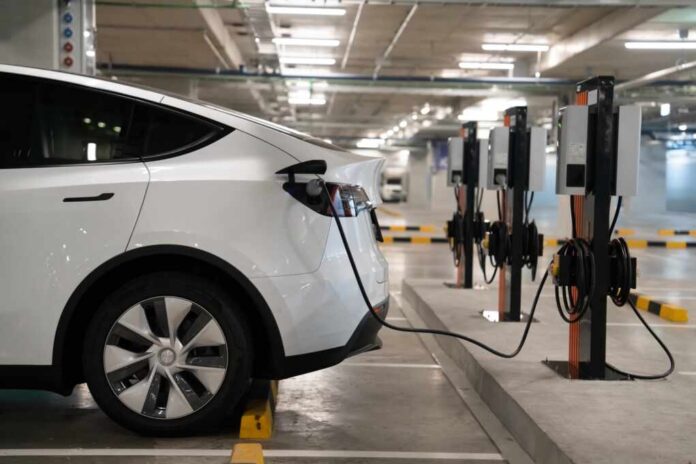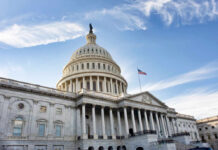
The Senate Committee on Energy and Natural Resources held hearings last Thursday that focused on the intersection of electric vehicle (EV) mandates, supply chains, and substantial taxpayer-funded subsidies that could inadvertently strengthen China’s global position.
Committee Chair Sen. Joe Manchin (D-WV) emphasized his support for EVs but expressed concern over the current administration’s aggressive push toward EV adoption, irrespective of the origins of the batteries. “My problem is with an administration whose crusade is to convert everyone over to an EV regardless of where the battery came from,” Manchin said in direct reference to China’s position in the global market for essential materials needed for battery production.
China’s dominance in this sector is staggering. The nation is responsible for 74% of the world’s cathode production and 92% of the anode production, coupled with a significant share in lithium-ion battery and mineral processing industries. This reliance poses a strategic challenge, as Manchin noted, emphasizing that the U.S. and its Free Trade Agreement partners possess the capacity to become self-reliant in this arena.
Senators raise questions about EV mandates and subsidies going to China | Just The News https://t.co/Ju4VTbAX47
— John Solomon (@jsolomonReports) January 15, 2024
Sen. John Barrasso (R-WY), ranking GOP member of the committee, took a firmer stance, criticizing the Biden administration’s handling of the so-called Inflation Reduction Act (IRA). Barrasso highlighted the enormous financial implications, with an estimated cost of $393 billion for electric car subsidies, as analyzed by Goldman Sachs. This figure starkly contrasts the Congressional Budget Office’s (CBO) much lower estimation, raising questions about fiscal responsibility amid a ballooning national debt.
Barrasso also pointed out the potential risks to the nation’s electricity grid, citing National Electricity Reliability Corporation findings. The premature closure of coal- and natural gas-fired power plants and the increasing demand from EVs could lead to heightened blackout risks. The practicality of fully charging EVs, such as a Tesla Model 3, requires a significant amount of power, equivalent to the daily consumption of an average American home.
The issue of subsidies indirectly benefiting China was another focal point. Barrasso expressed concerns that the IRA could funnel funds to Chinese companies or those opposed to American interests. However, Manchin countered, noting that the IRA includes measures to prevent Chinese cars from receiving tax credits in the U.S.
David Turk, Deputy Secretary of the Department of Energy, defended the EV mandates, arguing that the IRA facilitates the development of domestic mineral sources and EV production chains. This initiative has attracted $157 billion in private investment, creating 136,000 direct jobs. He also mentioned the affordability and efficiency of EVs, using the Chevrolet Volt as an example, where federal tax credits significantly reduce the purchase price.
The Biden administration’s recent proposal for new rules to shift EV battery production and material sourcing to the U.S. adds another layer to this debate. These rules aim to limit Chinese firms’ involvement in supplying materials for EVs eligible for federal tax credits and discourage sourcing from China or Russia. This move could significantly reshape automotive supply chains, which are currently heavily reliant on China.
Rep. Mike Gallagher (R-WI), chairman of the House Select Committee on the Chinese Communist Party, has expressed skepticism about these regulations. He argued that they might not sufficiently reduce U.S. dependence on China, a nation known for using subsidies to undermine U.S. manufacturers.













